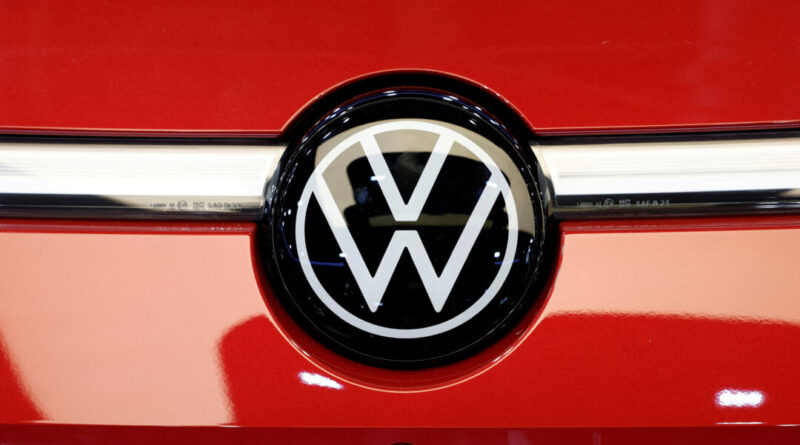Volkswagen to offload assembly plant in Xinjiang amidst growing scrutiny
For economic reasons, Volkswagen announced its decision to sell its operations in the Xinjiang region of China. The company emphasized its focus on manufacturing traditional gas-powered cars, which is not aligned with China’s increasing adoption of electric vehicles (EVs), leading to the need for maintaining competitiveness in the market.
In Xinjiang, Volkswagen had a joint venture assembly plant in Urumqi and a test track. However, with the growing demand for EVs in the Chinese market, the automaker faces competitive pressure. In response to this shift, Volkswagen plans to gradually reduce production capacity for internal combustion vehicles in the coming years and explore alternative economic solutions, including converting some of its Chinese sites to produce EVs based on customer demand.
The company will transfer ownership of the Xinjiang plant and test track to its joint venture partner, SAIC Motor, owned by the Shanghai government.
Controversy Over Xinjiang Presence
Despite citing economic reasons for the decision, Volkswagen’s presence in Xinjiang has raised ethical and political concerns over the years. International criticism of the Chinese Communist Party’s actions in Xinjiang, including human rights violations, prompted scrutiny of Volkswagen’s operations in the region.
Critics have questioned Volkswagen’s supply chain practices and whether forced labor was used in any part of its operations in Xinjiang. While the company maintains that no forced labor exists at its facilities in Xinjiang, critics argue that under the CCP’s coercive environment, on-site interviews with Uyghur workers may not be reliable.
Various stakeholders, including shareholders, human rights advocates, and U.S. lawmakers, have called for Volkswagen to exit Xinjiang. In response, Volkswagen’s decision to divest from Xinjiang was seen as a significant victory by advocacy groups, reinforcing the importance of ethical considerations in business operations.
Volkswagen’s move to divest from Xinjiang follows similar actions by other Western companies, such as BASF, indicating a growing trend of companies reevaluating their operations in the region due to concerns about human rights violations and ethical standards.



